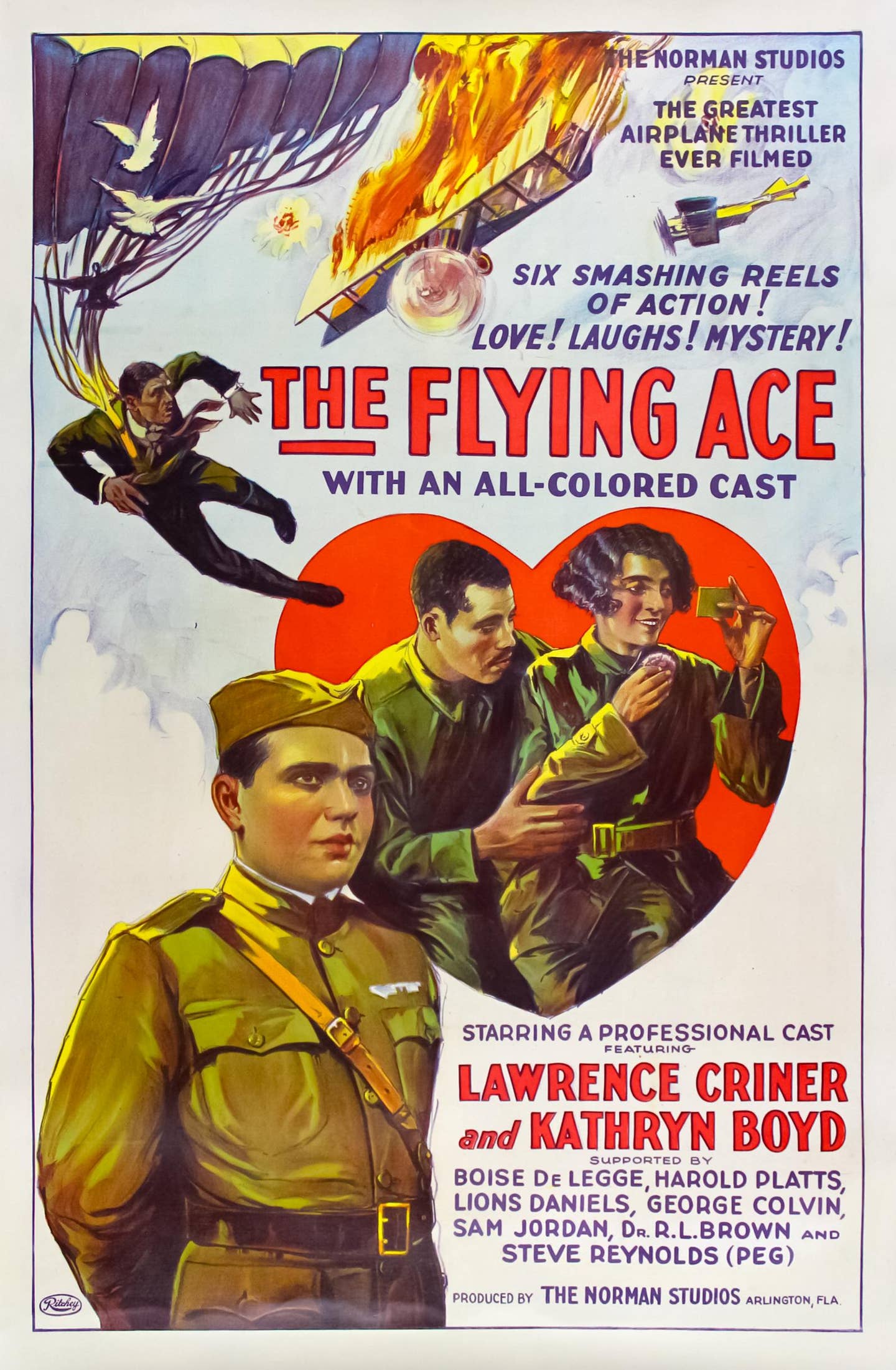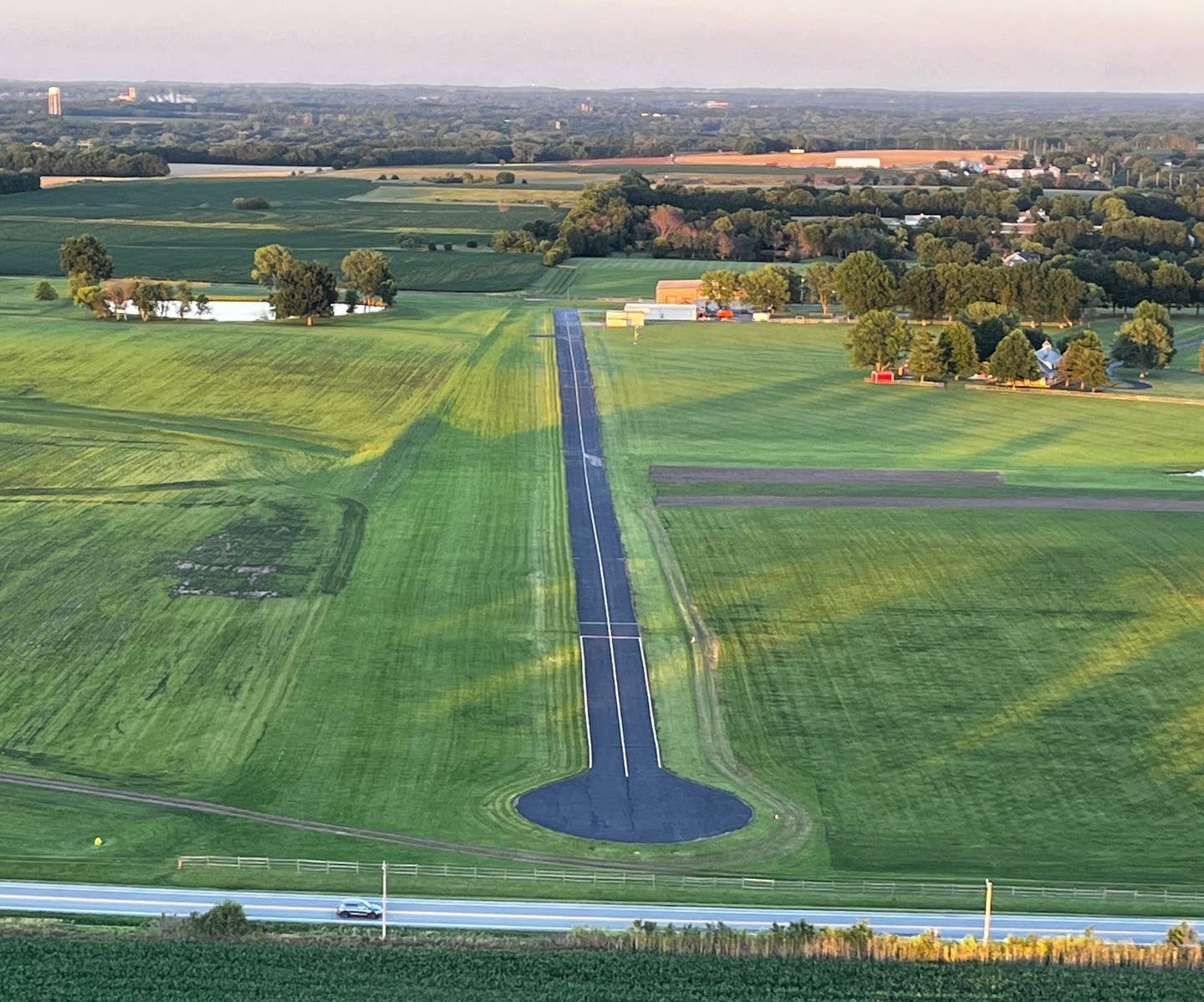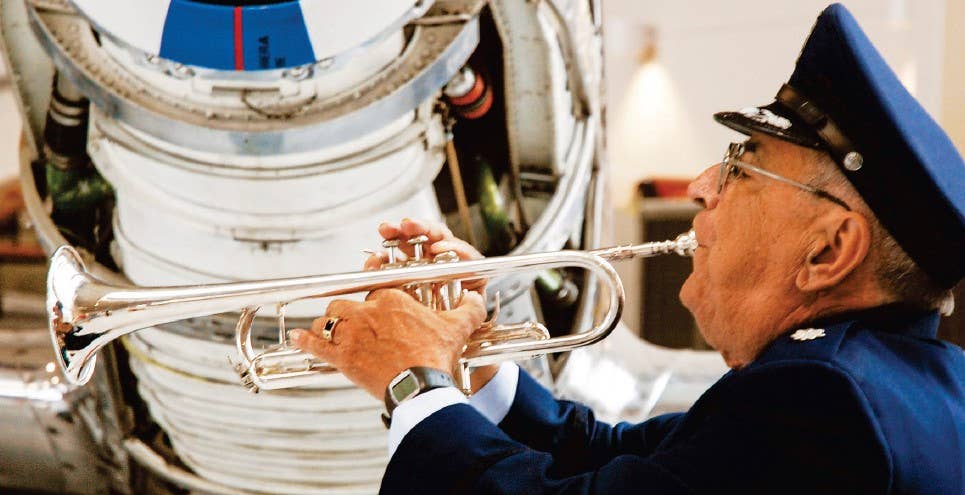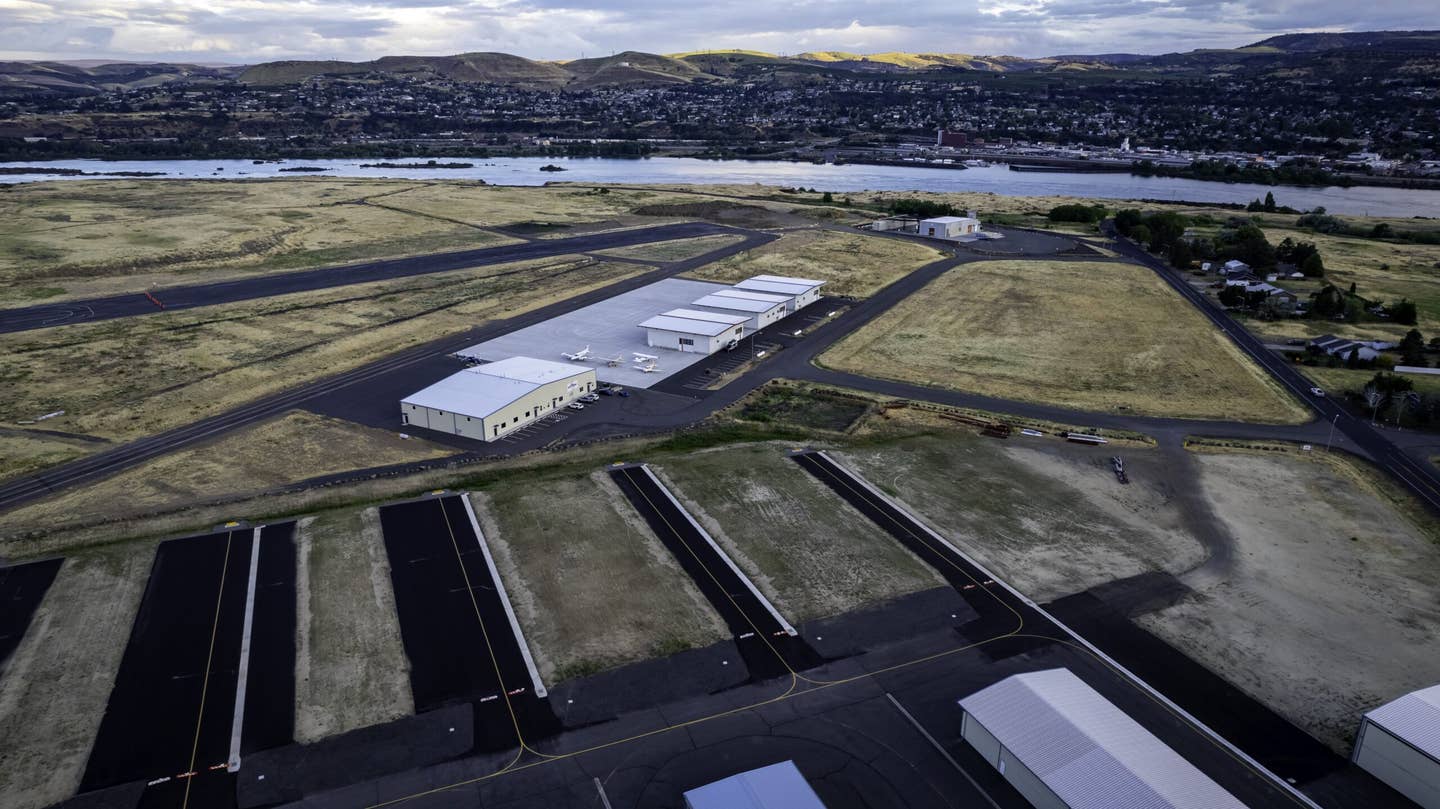We Fly to the Aviation Museum of New Hampshire to Mark Black History Month
This fascinating collection of aviation history is an ideal aircraft destination.

Movie poster for “The Flying Ace” hints at the silent film’s exciting plot. [Courtesy: Aviation Museum of New Hampshire]
Previously I mentioned a list of destinations I compiled as part of a self-motivation plan to spend more time this year traveling in Annie, our Commander 114. One of those points of interest, which actually has been on the list for several years, is the Aviation Museum of New Hampshire, located on the field at Manchester-Boston Regional Airport (KMHT).
I flew there recently for a special event at the museum and to get a look at the exhibits, which focus largely on aircraft manufacturers, airlines, and pilots from the state and New England. While I added a precious three hours to my logbook, I cannot quite “check the box” yet because I will have to visit again—perhaps a few more times—to see everything in this fascinating place.
I understood that New Hampshire was the setting for interesting aviation stories over the decades, including many notable air accidents, but I had no sense for how rich that history is. I was also surprised to find out how active the museum is in organizing programs and attracting audiences.
The museum recently honored Black History Month with a screening of The Flying Ace, a 1926 silent film about Billy Stokes, a fictional African American World War I fighter pilot revered for downing seven enemy aircraft over France. Stokes comes home after the war and resumes his former job as a railroad detective, which keeps him busy.
While investigating the disappearance of a railroad official with the $25,000 company payroll, Stokes encounters a cast of characters seemingly tailor-made for an action-adventure story, including heroes, villains, and Ruth, the daughter of a railroad stationmaster and an aspiring pilot. Ruth becomes a romantic interest for Stokes, resulting in conflict with another suitor and a surprising break in the investigation.
As the film builds to a climax it treats the audience to intrigue, confrontation, fist fights, and a dramatic aerial chase. There is maneuvering, fire, and even a parachute escape as the production seeks to match its movie-poster description as “the greatest airplane thriller ever filmed.”
Viewers expecting ambitious air-to-air footage might be disappointed by this film’s low-budget special effects and aircraft mock-ups that clearly are not airworthy. You might want to follow this one with the 1930 Howard Hughes classic Hell’s Angels to satisfy an appetite for airborne action. Still, The Flying Ace is a wonderfully entertaining piece of cinematic history that reflects the expressive, physical acting style, and a mix of drama and humor that made silent films so popular.
Throughout the screening, keyboardist Jeff Rapsis, who also happens to be the museum’s executive director, plays music that rhythmically matches the ebb and flow of the film’s plot. Rapsis, a longtime musician who regularly accompanies silent films in his spare time, said the museum provided a “rare chance to see the film as it was meant to be experienced—on the big screen, with live music, and with an audience.”
The film is part of a little-known genre produced specifically for Black moviegoers in the era’s segregated cinemas. The market was large and many production companies specialized in such films, but few examples remain today. Rapsis said The Flying Ace is notable because it survived intact.
In 2021 the film was added to the U.S. National Film Registry by the Library of Congress as "culturally, historically, or aesthetically significant." It also was included in Pioneers of African American Cinema, a DVD collection released in 2016 by film distributor Kino Lorber.
The history of segregation can be a discomforting topic, and when Rapsis opened the post-screening discussion, audience members initially stepped in delicately, but the conversation soon developed into a heartfelt, rewarding exchange. The experience gave me, a Black pilot nearly 100 years after the film’s debut, a lot to think about on the flight home to Sussex, New Jersey (KFWN).
I look forward to my next visit to Manchester, New Hampshire.

Subscribe to Our Newsletter
Get the latest FLYING stories delivered directly to your inbox






